Press Release by Singapore Sports Council
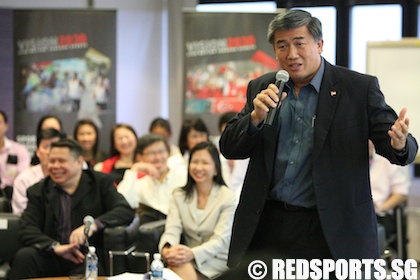
Lim Teck Yin, chief executive officer of the SSC, speaking at the Vision 2030 media conference. (Photo © Les Tan/Red Sports)
MCYS, Monday, February 13, 2012 – After seven months of consultation with some 2500 people from the public, private and people sectors, the Vision 2030 Committee released its preliminary recommendations on how sport can be a key strategy to serve Singapore. The recommendations call for more opportunities and access for Singaporeans to play more sports in school, the community and the workplace. Sports capabilities will also be enhanced to support the anticipated growth in quantity and quality of sports programmes.
The Vision 2030 Committee is now seeking further input from the Public-Private-People sectors to review the 19 preliminary recommendations resulting from more than 300 ideas generated through the engagement process. Over the next three months, the
committee will continue to engage all segments of society to finalise the recommendations on how sport can be used as a national strategy.
Revealing the preliminary recommendations, Acting Minister for Community Development, Youth and Sports, Mr Chan Chun Sing said: “In meeting and talking with people, the consensus became clear. Sport can be a national strategy to shape our future, whether we are promoting physical, mental and psychological wellbeing; creating strong leaders with drive and confidence; developing a winning spirit; or uniting us as a nation. It provides many practical, teachable moments.”
Based on face-to-face discussions with more than 500 people and comments from 2000 unique users on vision2030.sg, the Vision 2030 Committee took a targeted approach to tackle fundamental challenges faced in school, the community and the workplace. The Committee believes the recommendations will improve access for all to quality sports programming. This will begin the process of change that will eventually see Singapore reaping the full benefits of sports.
Acting Minister Chan added: “It may take some years to feel the full impact of these changes. It is critical that we lay the foundation now with the end goal in mind – to live better through sports. Through the opportunities created under V2030, we hope people will participate actively in sport, and in the process, become happier individuals, stronger leaders, more active community contributors or proud citizens.”
The 19 preliminary recommendations have been categorised under Opportunities, Access and Capabilities.
Opportunities
‘Opportunities’ looks at increasing and sustaining engagement in sport so that people can experience the value of sport throughout their lives. Said Singapore Sports Council‘s Chief Executive Officer Lim Teck Yin: “Everyone we met spoke of the power of sport to improve lives, and they wanted more opportunities to play sport.
“Parents, in particular, told us that they wanted more opportunities for children and youth to play more sport in schools. They believe it will help them stay healthy and learn valuable lessons that will make them better persons and more prepared for the workforce and life.”
A key recommendation to provide more opportunities for sports participation, particularly in schools, is the proposed ‘Sports Pathways Committee’ to better coordinate the efforts of various stakeholders to strengthen and align sports pathways (i.e. participation opportunities and development).
The Ministry of Education (MOE) welcomes the proposal to form this committee, which will better coordinate the efforts of various stakeholders to strengthen and align sports pathways.
The initial phase will focus on youth sports development but will consider other aspects of the participation pathway in the post-school years further downstream. The committee will comprise members from Ministry of Community Development, Youth and Sports (MCYS), MOE, Singapore Armed Forces, People‘s Association, National Trades Union Congress, tertiary institutions, Singapore Sports School and the Singapore Sports Council.
The committee will ensure alignment of sports pathways from the primary school level to the tertiary and post-National Service period by coordinating measures to encourage sports participation, capability development of sports professionals, integrated programme delivery, competition frameworks and facilities development.
The committee will also work to increase parental involvement in the school sports scene. The committee will create opportunities for families to participate in programmes and events together, for example those organised by the ‘Super Sports Clubs’. Sports families will be able to cheer and support each other on and off the field, through a variety of shared experiences.
In preliminary discussions on school sports, MOE has indicated that by the end of secondary school, every child should have learnt to play at least three core sports at the recreational level and have opportunities to continue participating in sports within the community.
Through the Physical Education (PE) and Sports programme, MOE will systematically develop the values of sportsmanship and teamwork in students.
MOE‘s long-term plan is to increase the number of hours for PE in schools. A significant amount of PE time will be dedicated towards laying the foundation for learning and playing core sports in the syllabus. This effort will be complemented by intra-school sports competitions to enhance the learning experience.
The Vision 2030 Committee also proposes the formation of regional ‘Super Sports Clubs’ to extend the reach of sports programming. The Super Sports Clubs will be a home base for individuals, families and the community to gather, train and compete in a range of sports, and get together for social or business purposes. The Clubs will provide affordable community-relevant programming and coaching with opportunities for all skill levels and age groups, including fundamental movement skills for young children and modified sports for seniors. Moreover, the Super Sports Clubs will make it possible for the community itself to drive the creation of programming and events. The community can enjoy spontaneous play, compete in league-based competitions or host one-off sporting events.
MOE welcomes the concept of the ‘Super Sports Clubs’ as a platform to augment its own plans. It will consider awarding LEAPS points (formerly known as CCA points) for participation in the ‘Super Sports Clubs’, as part of its LEAPS Scheme review. The Clubs will also work with schools to enhance opportunities at recreational competitions and lifelong sports participation in the community.
The pilot concept for the Super Sports Clubs will be implemented towards the end of 2012. The public are invited to log on to vision2030.sg to vote on the sports they would like to see piloted in the inaugural year.

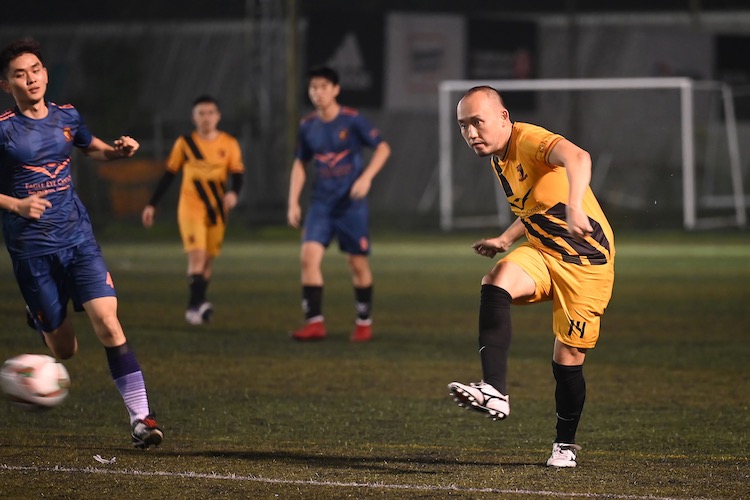
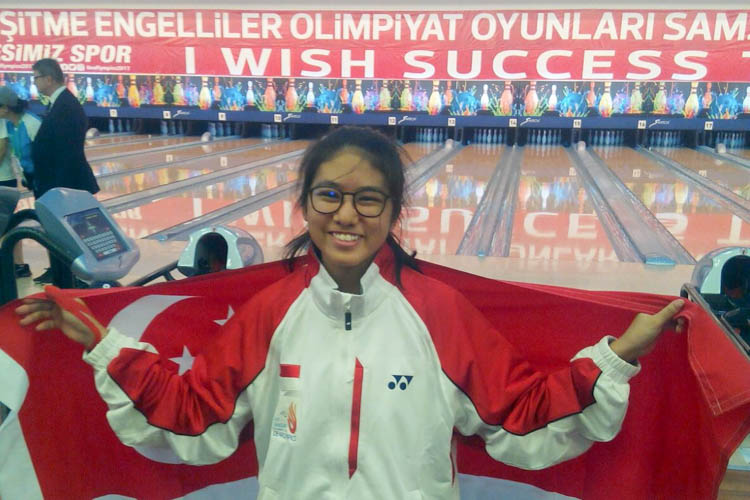
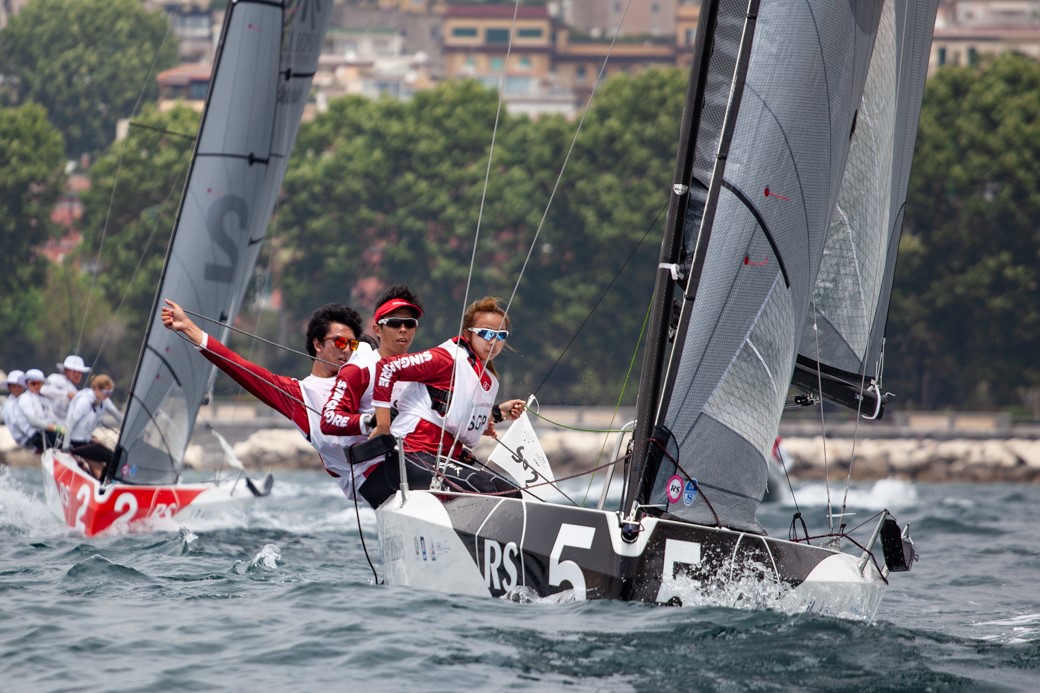
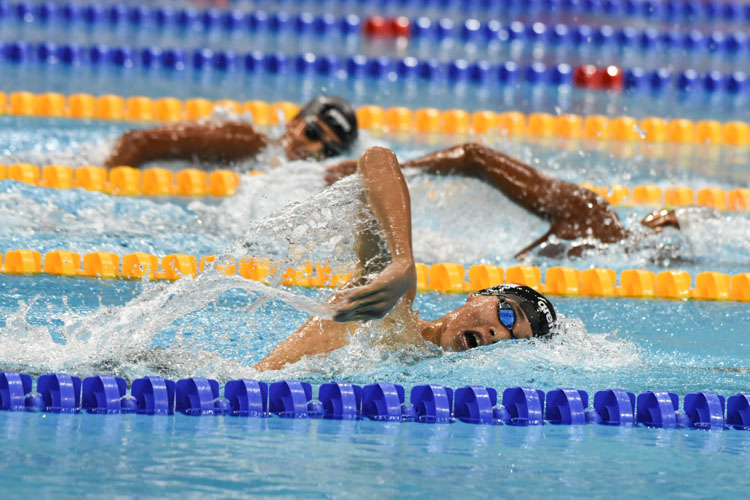
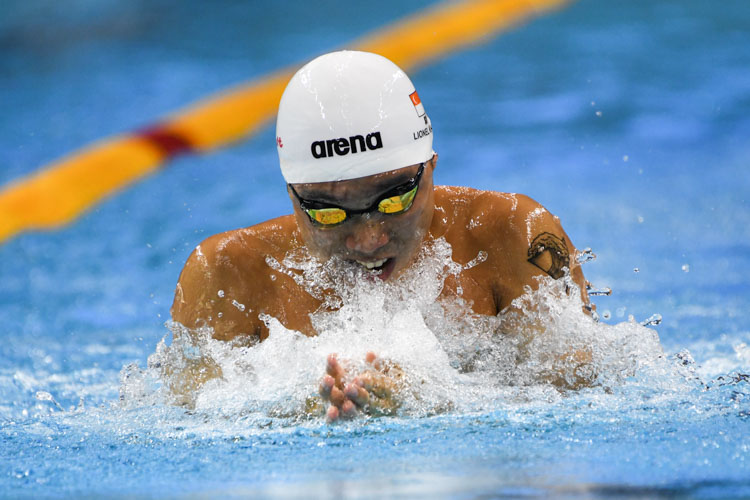
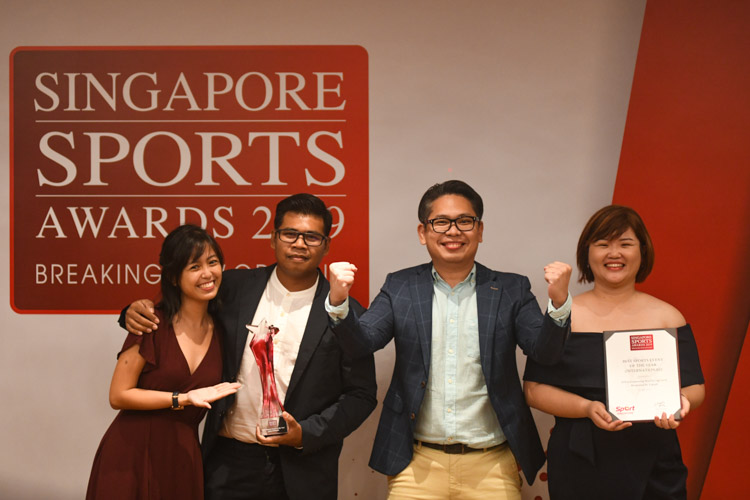
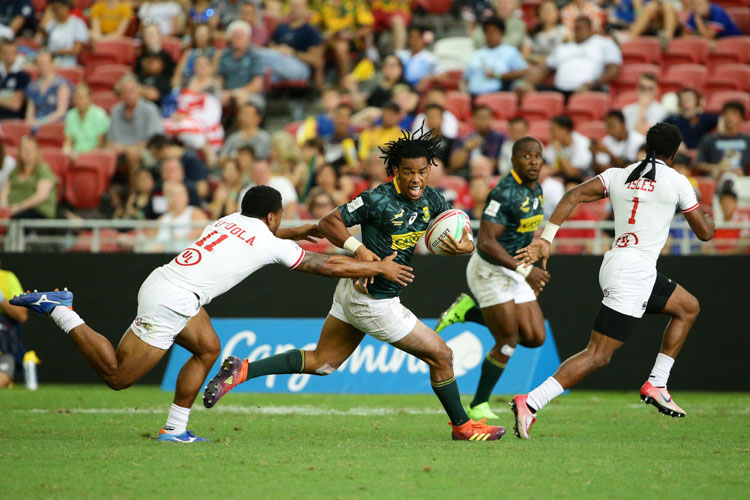
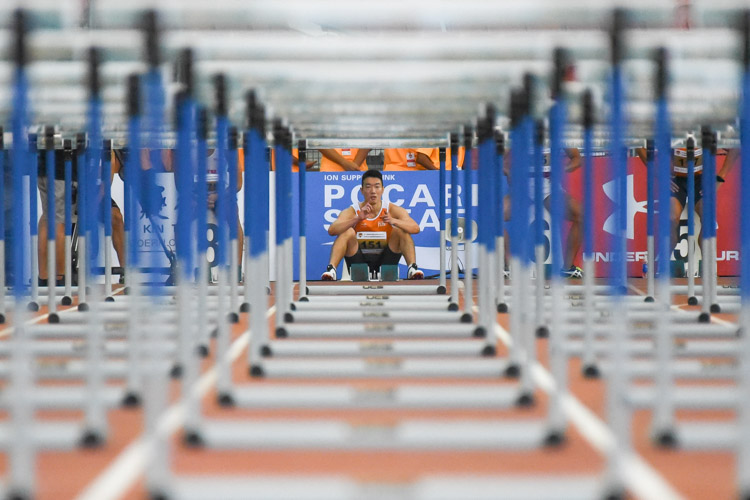
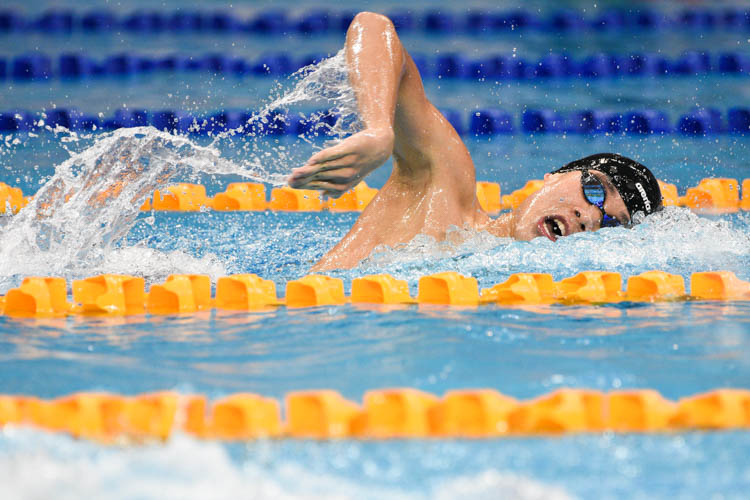
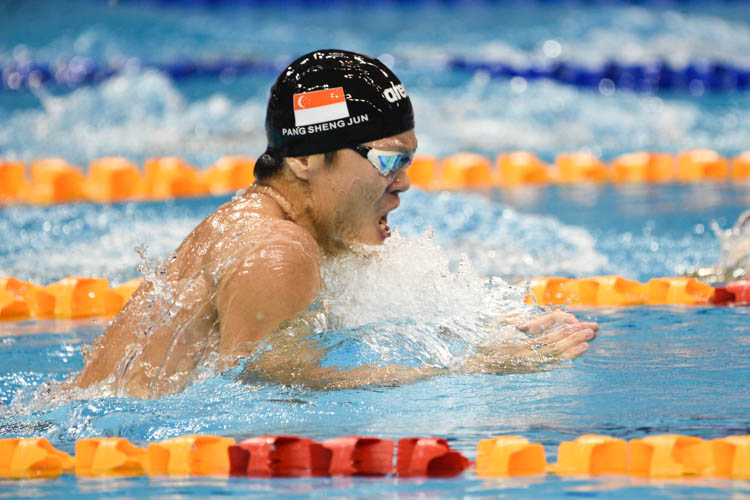
[…] announced that SSC will be rebranded as Sport Singapore to reflect the new focus stemming from the Vision 2030 […]
[…] Come 2014, some of the coach-educators will conduct junior football programmes in collaboration with the Singapore Sports Council’s (SSC) rebranded network of Super Sports Clubs, ActiveSG. The Super Sports Club concept is a recommendation of Vision 2030. […]
[…] For winning the local category, Mok earned S$10,000 but the medical doctor gave away $2,500 to the SportCares Foundation to help underprivileged kids through sports. The foundation is a recommendation of Vision 2030. […]
[…] It is one in a series of open houses that the agency is holding to gather feedback from the public about the programmes it wishes to see when the Super Sports Club rolls out in 2014. The Super Sports Club is one of the recommendations of the Vision 2030 steering committee. […]